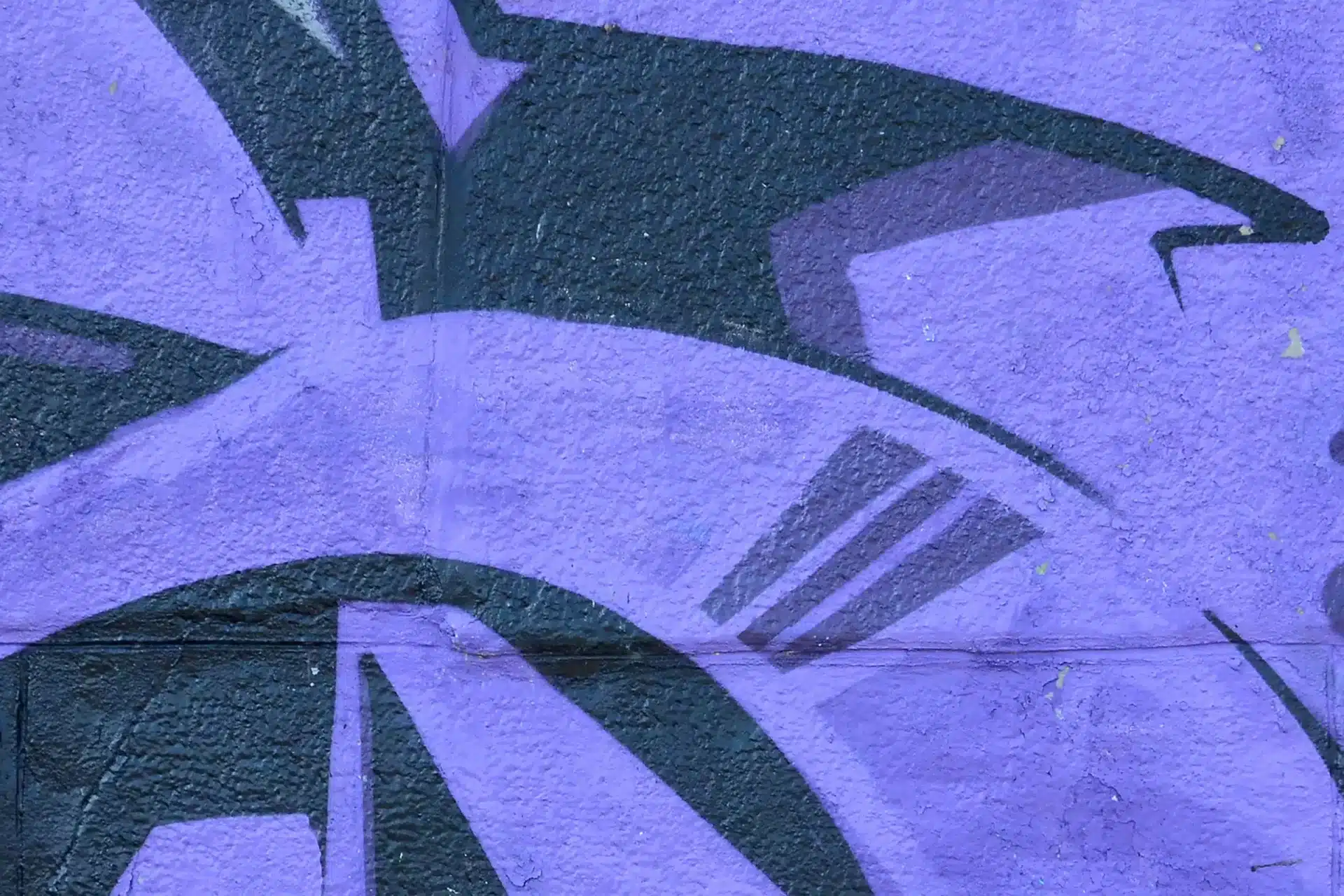Introduction to Wasp Slang
The term ‘Wasp’ isn’t limited to its biological meaning as an insect; in modern slang, it’s an acronym that carries significant cultural implications. Traditionally understood to refer to White Anglo-Saxon Protestants, the term has evolved through various lenses of social discourse. In this article, we will delve deeper into the definition, usage, and various implications of ‘wasp slang.’
The Origin and Evolution of the Term
The origins of the term date back to the mid-20th century, primarily in the United States. WASP was coined as a descriptor for a particular demographic group which held economic and cultural dominance in American society.
- White: Referring to the racial identity.
- Anglo-Saxon: Denoting a specific ethnic heritage that has roots in England.
- Protestant: Indicating a religious affiliation that distinguishes this group from Catholics and Jewish communities.
Over time, ‘wasps’ have been portrayed as the quintessential Americans, often receiving both admiration and criticism for their perceived privilege and influence.
Understanding the Cultural Context
‘Wasp’ has become shorthand in various contexts, reflecting attitudes towards societal structures. Recognizing the implications of the term can provide insights into broader discussions related to class, race, and religion.
- Social Hierarchies: The term often signifies a certain social status. WASPs are typically associated with affluent communities.
- Privilege: The term can indicate access to superior education, jobs, and social networks.
- Cultural Signifiers: WASPs may be stereotypically linked to traditional American values, albeit with complexities involving cultural clashes.
Critics of this demographic highlight the challenges underrepresented groups have faced historically and socially, calling for a more equitable acknowledgement of diversity in contemporary society.
Modern Usage and Stereotypes
In today’s multicultural society, the term ‘wasp’ can carry varied meanings, often steeped in irony or sarcasm. It serves as a cultural marker that can evoke acceptance, hostility, or analytical debate.
- Jokes and Satire: In comedy, ‘wasp’ becomes fodder for jokes about elitism and privilege.
- Academic Discourse: Scholars analyze how ‘wasps’ represent a disappearing class in a diversifying America.
- Self-Identification: Some individuals proudly identify as WASP, embracing their heritage and its historical significance.
Case studies of certain media portrayals also support various stereotypes and realities associated with WASPs. For example, in popular television programs, WASPs have often been depicted as entitled, with plotlines exploring the inner workings of their exclusive social worlds.
Statistics on WASP Identity
Though it’s challenging to find concrete statistics that delineate WASPs specifically, various studies highlight trends in social class and religious affiliations in America:
- According to the Pew Research Center, over 65% of American adults identify with Christian denominations, with a significant portion being Protestant, underscoring the roots of the WASP identifier.
- In a 2020 demographic study by the U.S. Census Bureau, 76% of Americans identified as white, indicating that the racial component of WASP is still relevant, albeit with shifting dynamics.
- Surveys indicate increasing acceptance and visibility of diverse cultural backgrounds, resulting in an evident shift from traditional WASP-centric views of American identity.
Conclusion: Reflecting on Wasp Slang in Society
In conclusion, ‘wasp slang’ embodies a complex interplay of cultural identity, privilege, and social critique. Understanding its context enriches the discourse about race, economics, and nationality in contemporary settings. Whether viewed through a lens of critique or identity, the term serves as a vital reference point in discussions about America’s evolving society.
As society continues to diversify, the meaning and implications of ‘wasp’ will also continue to shift, allowing new narratives to emerge about who holds power and influence in today’s world.






